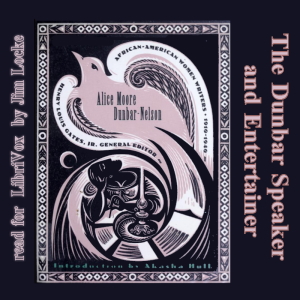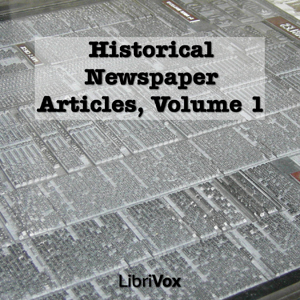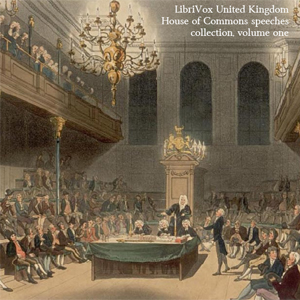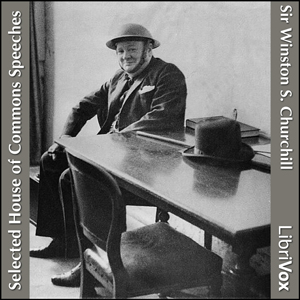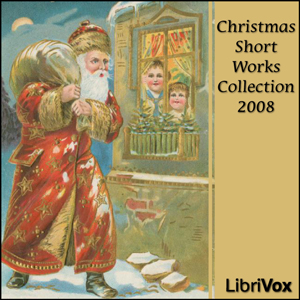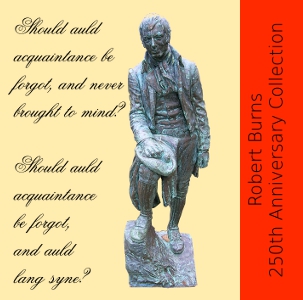- Forward and Introduction
- "The Birdlet," Alexander Poushkin
- "The Sparrow's Fall," Frances E. W. Harper
- "The Seedling," Paul Laurence Dunbar
- "While April Breezes Blow," D.T. Williamson
- "Thanksgiving," William Stanley Braithwaite
- "The Cucuya or Firefly," a Cuban slave
- "The Clock that Gains," the Cuban slave
- "A June Song," Charlotte Forten Grimke
- "A City Garden," William Stanley Braithwaite
- "De 'Lil Black Sheep," Ballarat (Australia) Chronicle
- "In the Morning," Paul Laurence Dunbar
- "Dat Ol' Mare O' Mine," Paul Laurence Dunbar
- "The Case of Ca'line," Paul Laurence Dunbar
- "Sambo's Right to Be Kilt," Private Miles O'Reilly
- "An Easter Symbol," Ruth McEnery Stuart
- "The Funal of Bruh Tony Smiff," John Riley Dungee
- "Tunk," James Weldon Johnnson
- "Uncle Ike's Roosters," Anonymous
- "W'en Dey 'Listed the Colored Soldiers," Paul Lawrence Dunbar
- "The Praline Woman," Alice Ruth Moore
- "Mammy Clarissa's Vengeance," Payne Erskine
- "The Four Travelers," Will Carlton
- "The Band of Gideon," Joseph Cotter, Jr.
- "The White Witch," James Weldon Johnson
- "The Unsung Heroes," Paul Laurence Dunbar
- "Black Samson of Brandywine," Paul Laurence Dunbar
- "The Haunted Oak," Paul Laurence Dunbar
- "Ode to Ethiopia," Paul Laurence Dunbar
- from "The Finish of Patsy Barnes," Paul Laurence Dunbar
- "Prophecy," Reverdy C. Ransom
- "Hear, O Church," E.A. Long
- "Dessalines," William Edgar Easton
- "The Sisters," Charles W. Chesnutt
- "Modern Christmas on the Plantation," William E. Burghardt DuBois
- "The Farewell," John G. Whittier
- "How He Saved St. Michael's," Mary Anna Phinny Stansbury
- "The Fugitive Slave's Apostrophe to the North Star," John Pierpont
- "Ethiopia Saluting the Colors," Walt Whitman
- "The African Chief," William Cullen Bryant
- "The Black Man's Burden," John White Chadwick
- "The Lights at Carney's Point," Alice Dunbar-Nelson
- "It's Me O Lord," Alma and Paul Ellerbe
- "How France Received the Negro Soldiers," Emmett J. Scott
- "How Jim Europe and His Jazz Outfit Broke into the War," Charles Welton
- "The Stevedores," Ellen Wheeler Wilcox
- "Shall I Say, 'My Son You Are Branded'," Georgia Douglas Johnson
- "In Flanders Fields--an Echo," Orlando C. W. Taylor
- "I Sit and Sew," Alice Dunbar-Nelson
- "The Lynchers," Madison Cawein
- "Ku Klux," Madison Cawein
- "The Second Louisiana May 27,1863," George H. Boker
- "To Canaan," Oliver Wendall Holmes
- "The Hero of Fort Wagner," Phoebe Cary
- "Bury Them--Wagner, July 18, 1863," Henry Howard Brownell
- "Whether White or Black, A Man," Edith Smith Davis
- Ethiopian Maid," Walter Everette Hawkins
- "Mat," D. Webster Davis
- "Belgium," Lester B. Granger
- "Laus Deo," John Greenleaf Whittier
- "O Black and Unknown Bards," James Weldon Johnson
- "The Young Warrior," E. Stoutenburg
- "Mine Eyes Have Seen," Alice Dunbar-Nelson
- "Winter Morning," Alexander Poushkin
- "Winter Evening," Alexander Poushkin
- "Friendship," Alexander Poushkin
- "The Bard," Alexander Poushkin
- "Frederick Douglass," Charles H. Chipman
- "A Negro's Rebuke," Rosco Conkling Simmons
- "Ask Our Constitutional Rights Now," Clayton Powell
- "The Fourth of July," Frederick Douglass
- "Lincoln and Douglass," Alice Dunbar-Nelson
- "The Better Part," Booker T. Washington
- "After Emancipation--Suffrage," Thaddeus Stevens
- "Memorial Day in the South," "Jack Thorne" (David B. Fulton)
- "Toussaint L'Ouverture," Wendell Phillips
- "Abraham Lincoln," Frederick Douglass
- "Fort Wagner," Anna E. Dickinson
- "The Boys of Howard School," Joseph S. Cotter, Jr.
- "The Mulatto to His Critics," Joseph S. Cotter, Jr
- "Negro Music," Emmett J. Scott
- "Crispus Attucks," George L. Ruffin
- "Emancipation Proclamation, January 1, 1863," Abraham Lincoln
- "To the Negro Farmers of the United States," Alice Dunbar-Nelson
- "Toussaint L'Ouverture," William Wordsworth
- "Toussaint L'Ouverture," John G. Whittier
- "Chalmette, Memorial Day," Alice Ruth Moore
- "His Excellency, George Washington, 1775," Phyllis Wheatley
- "Abraham Lincoln," David B. Fulton (Jack Thorne)
- "Charles Sumner," Charlotte Forten Grimke
- "Crispus Attucks," Rev. George C. Rowe
- "Nat Turner," T. Thomas Fortune
- "Emancipation," D. Webster Davis
- "Fifty Years," James Weldon Johnson
- "Booker T. Washington," John Riley Dungee
- "Booker T. Washington," Theodore Roosevelt
Ms. Pinckney says in her "Forward" to this book the following: "It is against this background of the world need that Mrs. Alice Dunbar-Nelson's book is seen to have peculiar significance to the colored race in America. Hers is the first attempt I have known of directly on the part of any Negro to frame a speaker composed entirely of literature produced by black men and women, and about black men and women, and embodying the finest spiritual ideals of the Negro race." And in addition, Alice Dunbar-Nelson includes some very meaningful support from some Caucasian writers. (Summary by Jim Locke)
There are no reviews for this eBook.
There are no comments for this eBook.
You must log in to post a comment.
Log in

